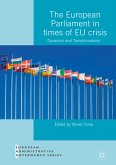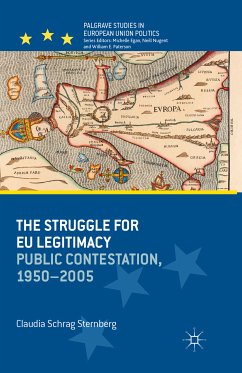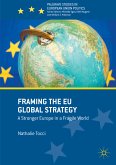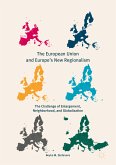This book assesses the use and limitations of the principal-agent model in a context of increasingly complex political systems such as the European Union. Whilst a number of conceptual, theoretical and methodological challenges need to be addressed, the authors show that the principal-agent model can still provide deeper insights into a wide range of political phenomena. Through an empirical analysis of multiple principal-agent relations in the EU, covering a variety of policy fields and political actors, the volume refines our theoretical understanding of the politics of delegation and discretion in the EU. It will appeal to scholars in interested in EU politics and policy, public administration and governance, and international organisations.
The chapter 'Multiple principals preferences, different types of oversight mechanisms, and agent's discretion in trade negotiations' is published open access under a CC BY 4.0 license via link.springer.com.
Dieser Download kann aus rechtlichen Gründen nur mit Rechnungsadresse in A, B, BG, CY, CZ, D, DK, EW, E, FIN, F, GR, HR, H, IRL, I, LT, L, LR, M, NL, PL, P, R, S, SLO, SK ausgeliefert werden.









